ADVANCE PRAISE FOR EMIRS IN LONDON
Ochonus exceedingly fascinating account of becoming (post)colonial approaches the institution of British colonial rule from the consciously crafted political cohabitation maneuvers that lurk in the always self-interest-driven reports that Northern Nigerian emirs, deftly named subaltern aristocrats by Ochonu, wrote about their travels to London. The analysis uncovers a lot that is new about colonization and colonialism. Emirs in London braids archival gems into a seamless account. Ochonus distillation of insights in literature, literacy studies, religion, gender studies, and even psychology incites new historical thinking about African states. Do not be deceived into thinking that this book is a study of colonial travels.
Adlk Ad

k

, Ohio State University
In this beautifully written and conceived book, Moses Ochonu has reversed the traditional imperial lens to reveal a significant new panorama. In a thought-provoking analysis, Ochonu shows how the experiences and writings of the emirs of Northern Nigeria in imperial Britain offer an exploration of the other in the same terms as traditional imperial travel writing. These colonial Nigerian travel writings reveal mutually constituted identities of imperialism, and a strange logic of emotional affect whose resonance endures into the 21st century.
Toby Green, Kings College London
Drawing on extensive primary sources and authoritative command of secondary scholarship across several humanities and social science disciplines, Ochonu has written a brilliant book on an intriguing subject in Nigerian studies. With exceptional analysis contained in six riveting chaptersalong with an engaging introduction and epiloguethis elegantly written book is path-breaking. Emirs in London is very well-conceived, insightful, and innovative. It is impressive in its erudition and analytical lucidity. Along with many outstanding scholarly works in Nigerian historical studies, this exceptional book has certainly confirmed Ochonus reputation as a foremost African historian.
Olufemi Vaughan, Alfred Sargent Lee & Mary Ames Lee Professor of African Studies, Amherst College
EMIRS IN LONDON
This book is a publication of
Indiana University Press
Office of Scholarly Publishing
Herman B Wells Library 350
1320 East 10th Street
Bloomington, Indiana 47405 USA
iupress.org
2022 by Moses E. Ochonu
All rights reserved
No part of this book may be reproduced or utilized in any form or by any means, electronic or mechanical, including photocopying and recording, or by any information storage and retrieval system, without permission in writing from the publisher. The paper used in this publication meets the minimum requirements of the American National Standard for Information SciencesPermanence of Paper for Printed Library Materials, ANSI Z39.48-1992.
Manufactured in the United States of America
First printing 2022
Cataloging information is available from the Library of Congress.
ISBN 978-0-253-05916-1 (hardback)
ISBN 978-0-253-05915-4 (paperback)
ISBN 978-0-253-05914-7 (ebook)
CONTENTS
Acknowledgments
Introduction: Traveling and Writing the Metropole in the Age of Modernity
1Literacy, Narrative, and the Colonial Ideational Space
2Emir Dikkos Metropolitan Adventures
3Emirs in Britain: Mapping Aristocratic Colonial Itineraries
4The Dikko-Nagogo British Connection
5Metropolitan Travel and Utilitarian Literacy
6Deepening Imperial Exploration, Imagining the Postcolony
Epilogue: The Persistent, Evolving Fraternities of Empire
Bibliography
Index
S O MANY PEOPLE CONTRIBUTED TO THIS BOOK IN ways both tangible and inspirational.
The research process benefitted from the generosity of many colleagues and interlocutors. Staff of the Nigerian National Archive, Kaduna, and the Arewa House Center for Historical Documentation were exceptionally helpful in locating materials and making them available.
At the outset, Dr. Shehu Tijjani Yusuf and Dr. Samaila Suleiman Yandaki of Bayero University, Kano, Nigeria, helped with pilot research at the two aforementioned archives.
I appreciate the late professor Philip Shea, my undergraduate adviser at Bayero University, who helped facilitate and coordinate this preliminary archival exploration. Vincent Akpakwu was part of my intellectual journey from its beginning in Kano, Nigeria, and I am grateful to him.
At the British National Archive and the Rhodes House Archive, Oxford University, staff filled requests and helped find materials I did not even know were in their collections.
Saheed Aderinto generously sent me relevant files, products of his explorations in the British archives.
As I made multiple trips to archives and fieldwork sites in Nigeria, many individuals provided various kinds of assistance. This research entailed the translation of many Hausa language materials, which I undertook during the early stages of the research. However, when vernacular materials accumulated beyond my capacity to keep up, I turned to Abdulrahman Abdullahi, on the recommendation of Dr. Carmen McCain, to help translate a cache of Hausa newspaper materials.
In Katsina, Dr. Rabe Gambo of Umaru Musa YarAdua University (UMYU) was instrumental in arranging interviews and access to the palace and its trophy/memorabilia room.
Dr. Musa Jibril, also of UMYU, helped with interviews in and around the Katsina palace. He also arranged for photographs and, most important, brokered my access to the M. T. Safana Archives, a private collection owned by Alhaji Mohammed Ibrahim Safana.
Over the several years of writing this book, personal conversations with colleagues and friends inspired, confirmed, dispelled, and deepened several of my arguments: Murray Last, Steven Pierce, Abdulbasit Kassim, Farooq Kperogi, Jose Cossa, Ibrahim Hamza, Mairo Mandara, Jaafar Jaafar, Munir Mustapha, Aliyu Iliyasu Maaji, Adebayo Oyebade, Douglas Anthony, Ibrahim Hamza, Muktar Aliyu, Jonathan Reynolds, and others too numerous to name.
Dianna Bell read the first version of the manuscript and offered both comments and supportive words. Chad Attenborough was a proofreader and sounding board at various stages. He read at least two early versions of the chapters. He also helped me retrieve an important file from the British Archive while conducting his own research there.
Other colleagues, including Tasha Rijke-Epstein and Elisha Renne, listened patiently as I explained my inchoate ideas and politely asked questions that planted seeds of inspiration or caused me to reflect more critically.
Dr. Aliyah Adamu Ahmad of Sokoto State University, Nigeria, generously sent me a copy of her unpublished paper on Dadasare Abdullahi, a precursor to her introduction and afterword in Dadasares posthumously published autobiography. Her paper helped me flesh out many of my own findings on Dadasare.
Professor Okpeh Ochayi Okpeh is a never-ceasing wellspring of collegiality and support. His intellectual fingerprints are on this book.
I thank the anonymous reviewers of the manuscript for suggesting pathways for strengthening my contentions and the organizational architecture of the book.


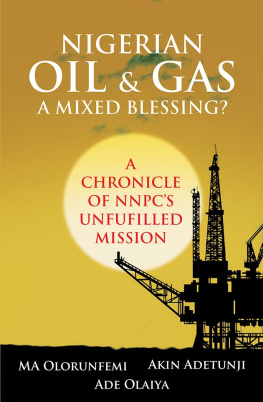
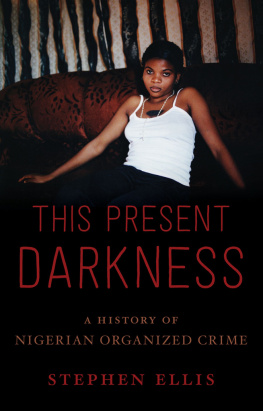
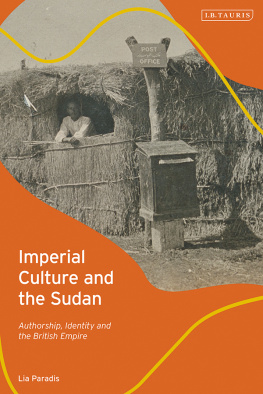
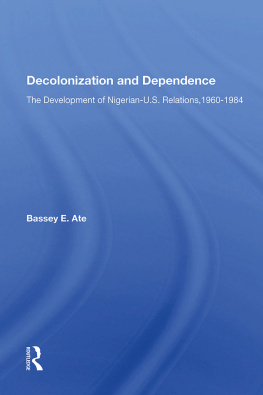
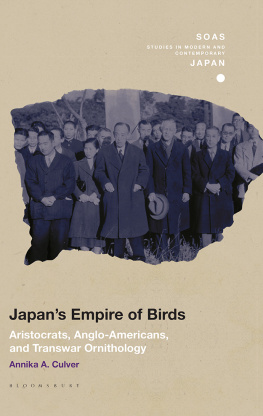
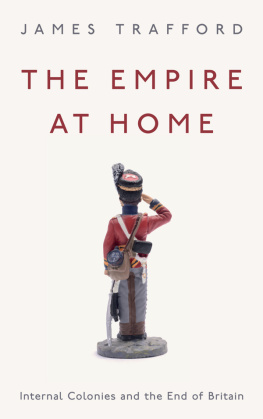
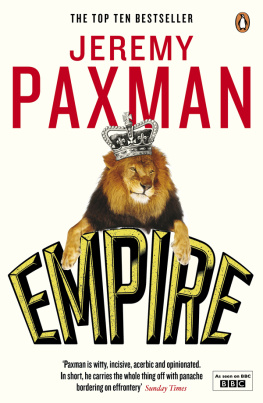
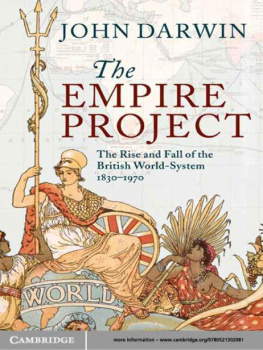

 k
k , Ohio State University
, Ohio State University